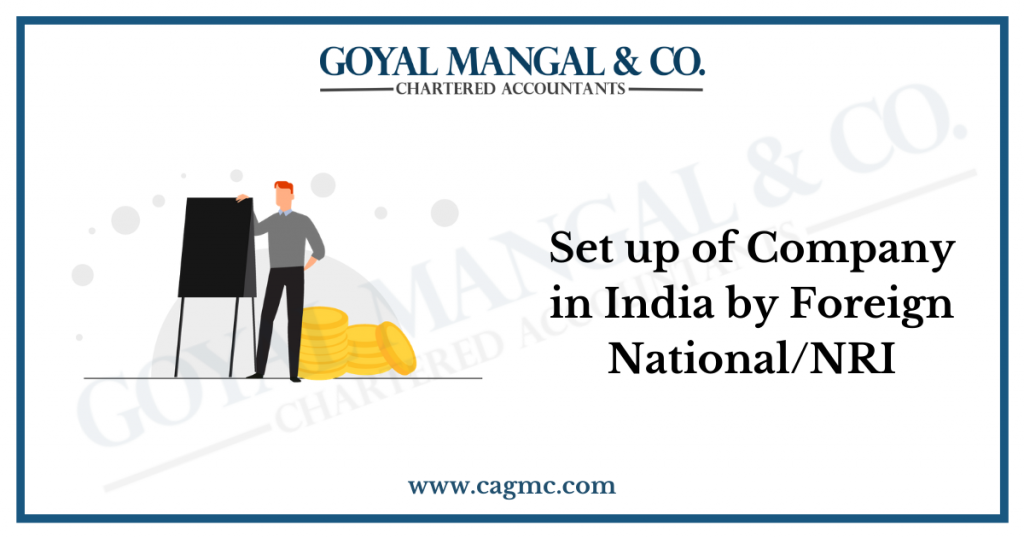
In the competitive and fast-paced world of startups, success is a desired achievement that avoids various aspiring entrepreneurs. While launching a startup is a thrilling endeavour filled with ambition and passion, the harsh reality is that not all startups are destined to thrive. This article aims to put light on why some startups win, examining the key factors that become them successful, & Criteria for Defining a Successful Startup.
| Table of Content |
What do you mean by Successful Startups?
Successful Startups means companies that have achieved significant growth, profitability, market recognition, or other key milestones in their journey. These startups have managed to create a sustainable and thriving business that delivers value to customers, attracts investors, and positions them as leaders in their respective industries.
Criteria for Defining a Successful Startup
The criteria for defining a successful startup can vary depending on factors such as industry, business model, and growth stage. Some common indicators of a successful startup include:
- Innovation and Differentiation: Successful startups introduce innovative and unique products, services, or business models that differentiate them from competitors and address unmet market needs. They may hold patents, trademarks, or other intellectual property rights that provide a competitive advantage.
- Revenue and Profitability: Successful startups generate substantial revenue and have a viable business model that leads to profitability or a clear path to profitability.
- Talent Acquisition and Retention: Successful startups attract top talent and have a highly skilled and motivated team. They create an inspiring work environment, offer competitive compensation, and provide growth opportunities for employees.
- Industry Recognition and Awards: These startups are often recognized by industry experts, media outlets, or prestigious award programs for their achievements, innovation, or disruptive impact on the market.
- Funding and Investment: Successful startups often attract funding from investors, venture capitalists, or angel investors who believe in their vision and potential. They may secure multiple funding rounds, raising substantial capital to fuel their growth.
- Customer Satisfaction and Retention: These startups prioritize delivering a high-quality product or service that satisfies customer needs and expectations. They have a loyal customer base and demonstrate strong customer retention rates.
- Long-Term Viability and Sustainability: These startups have a solid business foundation, strong financial management, and strategic planning in place, which positions them for long-term success and sustainability.
Reasons why some Startups win
Various reasons can lead to the success of the startup. While success is never guaranteed and varies from case to case, here are some common reasons why certain startups can thrive:
- Innovative and Scalable Idea: Startups that introduce unique and innovative products or services have a higher chance of capturing market attention. Additionally, scalability is important, as it allows the startup to grow rapidly and reach a larger customer base.
- Persistence and Resilience: Building a successful startup is a challenging journey that often involves setbacks and obstacles. Startups that are persistent, resilient, and willing to learn from failures have a better chance of overcoming challenges and ultimately achieving success.
- Product-Market Fit: Successful startups have a deep understanding of their target market and can develop products or services that address specific customer needs or pain points. By offering a compelling solution, these startups are more likely to attract customers and gain traction in the market.
- Market Timing: Entering the market at the right time can significantly impact a startup’s success. Being able to identify emerging trends, shifts in consumer behaviour, or gaps in the market can give startups a competitive edge, allowing them to capitalize on opportunities before competitors.
- Effective Marketing and Branding: Successful startups understand the importance of marketing and branding to create awareness, build a strong brand identity, and attract customers. Effective marketing strategies, including online presence, social media engagement, and targeted campaigns, can help startups gain visibility and reach their target audience.
- Access to Funding: Sufficient funding is vital for startups to develop their products, scale their operations, and reach a wider audience. Startups that secure early-stage funding from investors or venture capitalists have greater resources to invest in growth and navigate challenges.
- Strong Leadership and Team: A startup’s success often relies on the skills and expertise of its founders and team members. Effective leadership, a clear vision, and the ability to assemble a talented and motivated team are crucial for overcoming challenges and driving the company
- Adaptability and Agility: Startups that can quickly adapt to changing market conditions and customer feedback have a competitive advantage. Being agile allows them to pivot their strategies, refine their products, and seize emerging opportunities in a dynamic business environment.
- Strong Execution and Operational Efficiency: Startups that can execute their plans efficiently, manage resources effectively, and make smart business decisions have a higher chance of success. Operational efficiency helps optimize costs, maximize productivity, and deliver value to customers.
Takeaway
Throughout this article, we have learned that successful startups are mainly determined by innovative ideas, which disrupt industries and captivate consumers. They possess a deep understanding of their target market and provide solutions that address particular pain points, making a strong product-market fit. Let the stories of successful startups inspire and guide you on your entrepreneurial journey. Embrace innovation, understand your market, assemble a strong team, adapt to change, secure funding, engage your customers, execute with excellence, and persist in the face of challenges. With these principles in mind, you can pave the way for your own startup success story.


